
It starts with one sneeze. Soon others follow with more intensity and higher frequency, and you find yourself with a runny nose, cough, and sore throat.
While the symptoms of the common cold are mild and can be managed with treatment at home with decongestants, it may still cause you to miss work or school. The problem with the common cold is in its name – it is common. It is present all year round, and you can easily contract it from others.
Precautions to Prevent the Common Cold
The virus that causes common cold spreads from one person to the other via air and personal contact. Once you do catch a cold, it may take anywhere between 5 to 10 days to recover completely.
The recovery time is less if you use decongestants. If you have a weakened immune system, then the cold can lead to other issues as well.
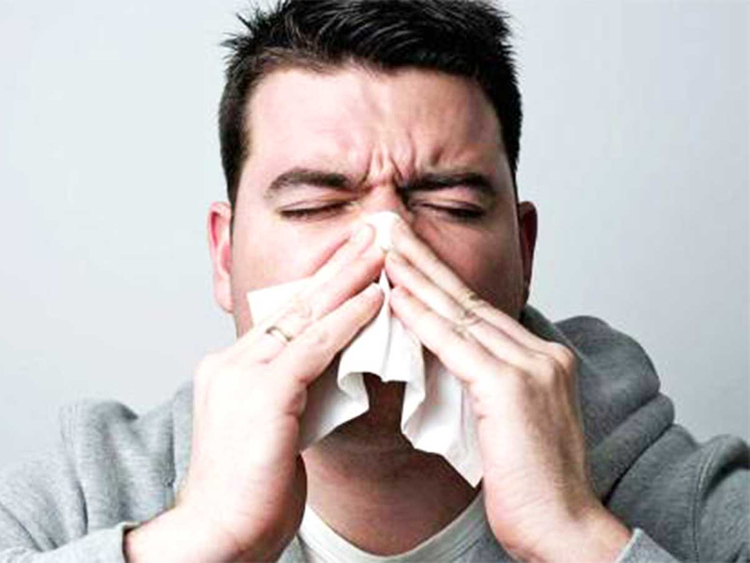
As the adage goes – prevention is better than cure! Protecting yourself from catching a common cold is much better and easier than treating it. Prevention also comes with the added benefit that you don’t become a carrier who can infect others.
Certain common cold medications may impact your digestive system, and you may have to rely on constipation relief medicine to get things moving. Here are a few precautions that will help you stay protected from the common cold.
Wash Your Hands
We touch many surfaces on an average day spent outdoors. A large number of people may have also touched that surface, and there is a high chance that some of them may be suffering from cold.
When you touch that surface, you come in contact with the surface. You can then carry the virus wherever you go. However, washing your hands for at least twenty seconds with soap and water removes the presence of the virus from your hands.
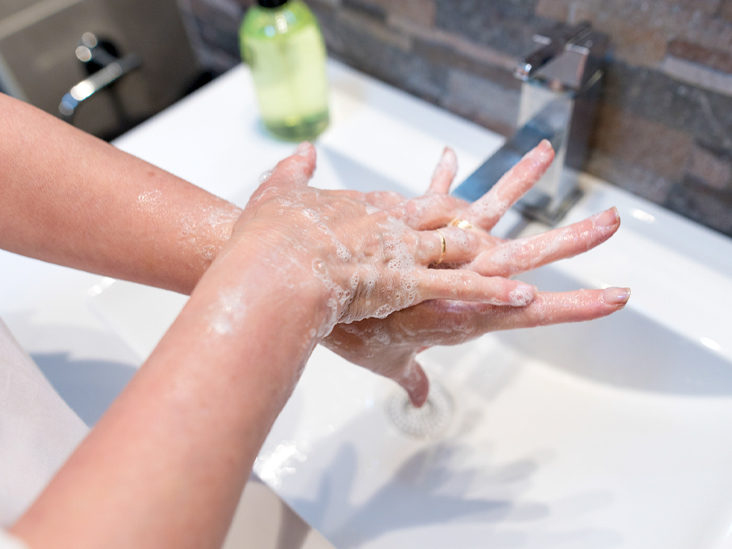
Make sure to wash your hands whenever you return after being in a public space, especially before eating food.
While washing your hands, make sure that you thoroughly cleanse often neglected areas such as under the fingernails and the edges of the fingers.
Sanitize
While washing your hands is the ideal scenario, it may not always be possible to get access to running water and soap, especially when you are in public spaces. Sanitizer is the next best thing.
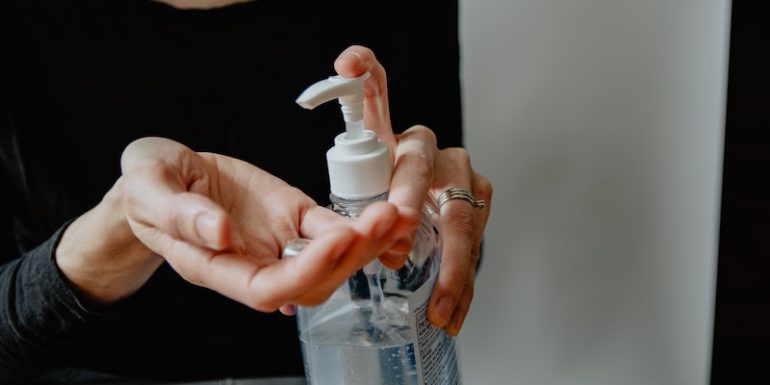
Carry a sanitizer with you, especially during the flu season, and sanitize your hands at regular intervals. The sanitizer should be an alcohol-based one with at least 60 percent alcohol content.
Take the sanitizer in the palm of one hand and rub your hands together the same way you do when you wash them. You should rub till they become completely dry.
Don’t Touch Your Face
You may have noticed that you touch your face multiple times during the day. When you do so after touching a surface that contained the cold-causing virus, then you are directly transporting the virus to your face.
Washing and sanitizing your hands regularly should kill the virus. However, there may be a time gap between sanitizing or washing your hands. If you touch your face in this gap, then you end up getting infected. It is, therefore, always better to avoid touching your face altogether.
Stay Away from Sick People
When you are close to an infected person, your chances of getting infected increases; the virus may end up in your system when that person sneezes or coughs. If you suspect that a person is sick, try to maintain as much distance between yourself and that person.
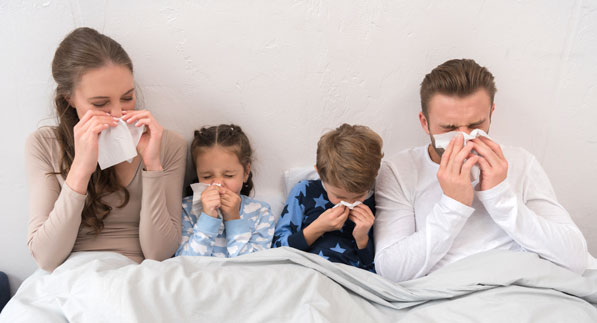
If someone in your office is sick, then try to minimize your interaction with that person. Even when you have to interact, do so from a distance of at least one meter.
Get Enough Sleep
Your body’s defense mechanism helps it fight infections. However, certain lifestyle habits, such as lack of proper sleep, lower the body’s natural ability to fight off infections.
An adult requires at least six hours of continuous sleep. Your body needs this time to rest and rebuild its defenses. Lack of proper sleep increases your chances of getting infected.

Proper sleep can also help you stave off infections that are in their early stages. If you are feeling a little under the weather, then you should aim for around eight to ten hours of sleep.
Consume More Fruits and Vegetables
Your body needs certain nutrients that bring vitamins and minerals to help fight infections. Vitamins such as vitamin C and D are crucial to increase your immunity power. A nutritious diet that incorporates more fruits and vegetables will provide all the nutrients that your body needs to boost its immunity power.
You should try to consume more of citrus fruits, broccoli, ginger, garlic, green leafy vegetables, almonds, papaya, mushrooms, and berries in your daily diet.
As a thumb rule, one-third of your plate must be filled with vegetables. Steamed, boiled, or raw vegetables are the best option. You can also switch to fruits for snacks.
Quit Smoking
Did you know that smokers get more infected with the common cold with higher frequency when compared to non-smokers? Smoking reduces your lung capacity and destroys the tiny hairs called cilia in your nasal cavity.
Smoking also alters your respiratory tract. It reduces your body’s immunity power. All of this makes your body more susceptible to catching a cold.
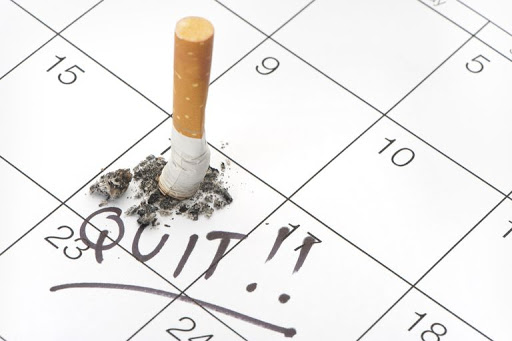
In addition to increasing the chances of getting infected, smoking also reduces the body’s ability to fight the infection once you do get it. The common cold will last longer, and the symptoms will be more severe if you are a smoker.
As you may already be aware, second-hand smoke can also damage the immune system. Therefore, your smoking can impact the immunity of your loved ones as well. Quitting smoking is the best possible thing you can do for your health.
Stay Safe!
The common cold may not be a dangerous ailment. However, it does impact your day to day activities. Follow the precautions mentioned above, and you can avoid getting infected.



